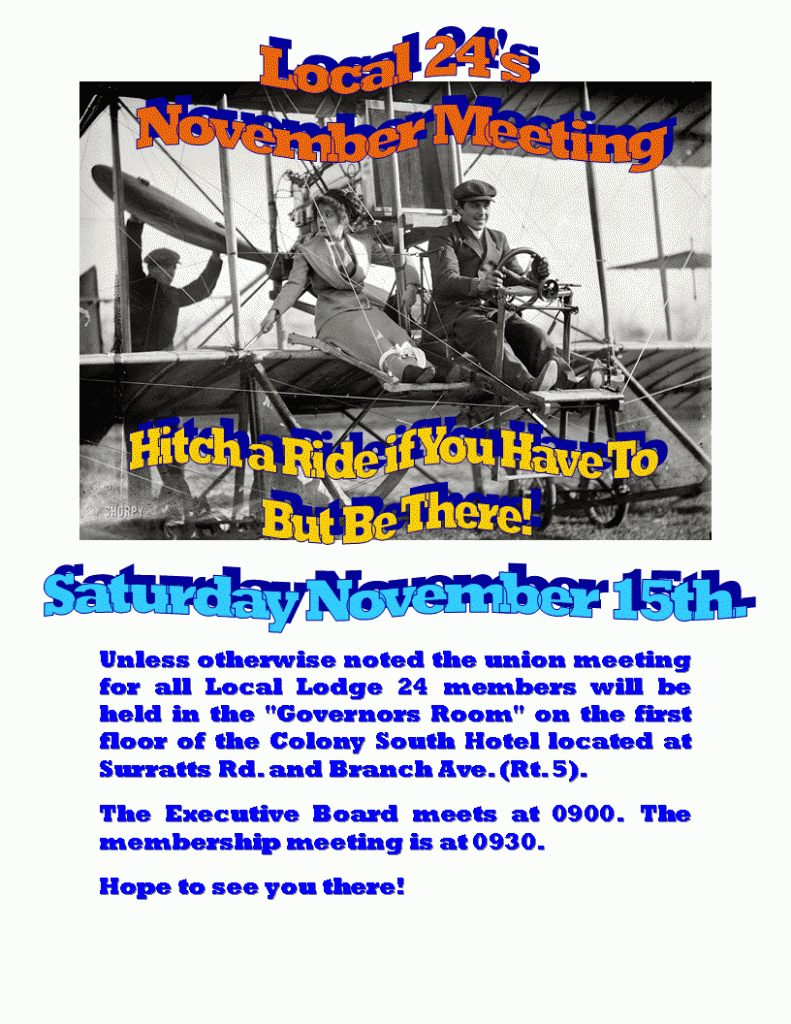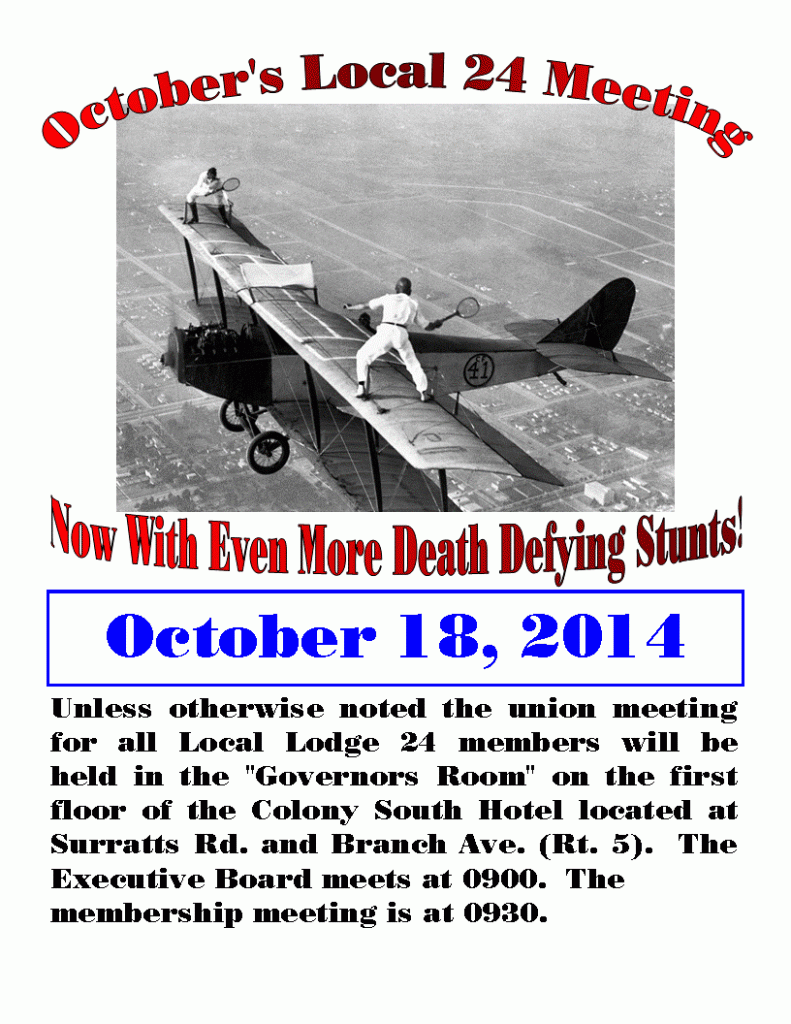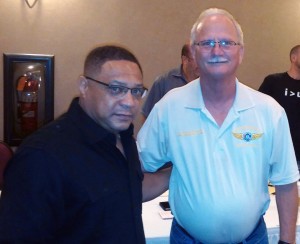Maryland Workers’ Compensation Law
Hearing Loss and Tinnitis Claims – Maryland Workers’ Compensation Law
By Clifford B. Sobin, Esq.
Occupational Deafness claims under Maryland Workers Compensation generally involve two different medical problems. The first is actual inability to hear sounds. This is referred to as hearing loss. The second often shows up as “ringing in the ears” and frequently is caused by tinnitus. Despite the fact that they both impact your ability to hear and understand what other say, they are treated differently by Maryland law.
This blog entry is part of a three part series.
- This blog post discusses hearing loss.
- My next blog will cover tinnitus.
- The third in this series will talk be about money you may receive if your case is found compensable and the importance of filing a claim due to the potential future expense of hearing aids.
How Much Hearing Loss Do You need to File a Claim?
Unfortunately, not all hearing loss that you may have is covered. Typically, occupational hearing loss first appears at the higher frequencies. If your employer provides hearing tests, as is the case with many fire fighters, the records will include a chart that summarizes the testing results. The same is the case if you go to your private physician.
Usually, if you have hearing loss it will first show up at the higher frequencies; between 4,000 and 6,000 hertz. Although that type of loss is annoying because it means you have difficulty hearing high pitched sounds and perhaps voices on the telephone – it is not covered under Maryland Worker’s Compensation law. Only frequency loss in the 500 to 3,000 range is covered. And then, only if the average is more than 25 decibels of loss and your age was less than fifty when you were last exposed to noise (your hearing tests will show the loss at 500, 1000, 2000, and 3000 herz).
If you were older than fifty when last exposed to loud noise on your job, the average goes up by one half decibel for each year. Therefore, if your last exposure was at age 54, you need more than an average of 27 decibels of loss.
Which Employer Pays?
Generally, the last employer you worked for when last exposed to loud noise is responsible for paying your hearing loss claim if you worked there for at least ninety days. However, that employer has the right to try to lay off some of the responsibility to pay you if they can prove your prior employers caused some of your hearing loss. But that is their problem, not yours.
However, if you worked for more than one employer at the same time of your last noise exposure, and you were exposed to loud noise while working for both, then things get a little bit more complicated. Frequently, both employers will be added to your Workers’ Compensation claim and both will share the responsibility to pay you.
How Long Do You have To File a Hearing Loss Claim?
The easy answer is two years, but two years from what? To be on the safe side you should seek legal advice as soon as you think you are suffering from hearing loss. It is a simple matter for your attorney to review your medical records and determine if it is time to consider filing a claim. I usually ask my clients to forward me their last hearing test and then I tell them in a quick telephone call if they should move forward. If you are curious for yourself, I invite you to contact me. There is no charge for me reviewing the records.
But what if it has been more than two years since you first have had tests showing hearing loss? The simple answer is … it’s complicated. There is an appellate case that said an employee filed his claim too late because he waited more than two years from when he was told by his doctor that he had hearing loss caused by his job and – this is important – the test showed a level of hearing loss that was covered under Maryland law. The bottom line is the following factors matter:
- When were you advised that you have hearing loss?
- What were the test results when you were told?
- Did your physician say it was occupationally related?
- Has your employment changed since your last test and has your hearing worsened in the new employment?
- Has it been more than two years since you first have had hearing test that is compensable under Maryland law?
Unfortunately, as you might guess by now, I can’t provide you with a definite answer for you to be sure how long you have to file a claim. To what extent the factors above make a difference is very fact specific. Only an attorney can make an informed decision and provide you with the proper advice customized to you.
Clifford B. Sobin, Esq. Gretchen A. Rogers, Esq.
Berman, Sobin, Gross, Feldman & Darby, LLP www.bsgfdlaw.com




